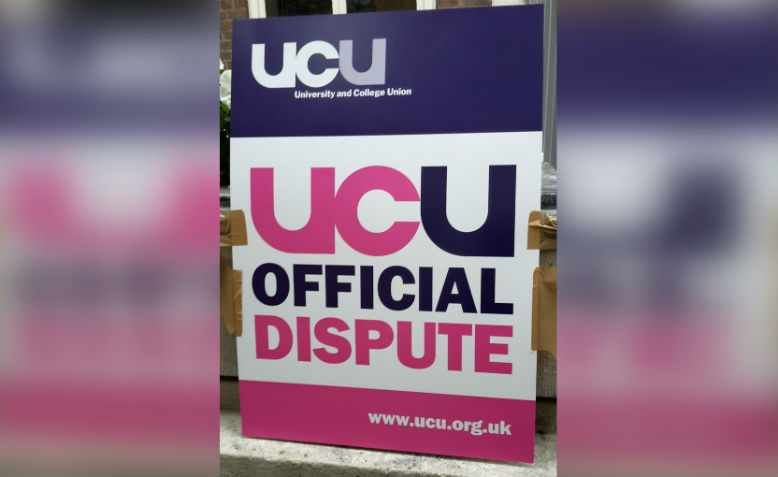 Photo: Shabbir Lakha
Photo: Shabbir Lakha
UCU members at 58 universities are set to strike for three days in December. This is a pivotal moment in what has become an unprecedented conflict in UK higher education
Following two branch delegates meetings (BDM) held last Friday 12 November in which representatives voted on several questions about how best to advance UCU’s strategy for the USS and Four Fights disputes, the union’s Higher Education Committee (HEC) has decided to call immediate strike action in the 58 branches that achieved a mandate in the two ballots. The first tranche of strikes will run for three days, from 1-3 December. And there is likely to be more strike action in the new year if employers continue to refuse to negotiate over the coming weeks and months.
The HEC has also called on members across the 64 branches that attained a mandate for supplementary action short of a strike (ASOS) to start working to contract from 1 December. The ASOS will run for the duration of the six-month legal mandate and will escalate to include a wider a range of tactics, if necessary. This could involve colleagues not sending or answering emails outside working hours, refusing to cover for absent colleagues, withholding assessment marks, declining to second mark and/or moderate, not participating in exam boards, spurning open days and graduation ceremonies, etc.
Though Counterfire has repeatedly argued for aggregated ballots in the belief that we need national ballots that empower union members at all universities to take part in the disputes, the BDM expressed a strong preference for disaggregated ballots. Crucially, however, HEC was provided with a clear and strong mandate to re-ballot those branches that failed to reach the threshold in one or both disputes in early December. Getting those branches that narrowly missed to achieve a mandate over the hump will enable thousands more members to join the disputes and help build momentum next term.
Overall, the HEC has made the right call and is to be commended for its decisive action. Whether the same can be said about the General Secretary, Jo Grady, is a different matter. As well as emailing members arguing for a tokenistic two one-day strikes before Christmas and a delayed re-ballot in January, she clearly hoped that the BDM would neutralise the HEC. As it happens, delegates overwhelmingly rejected each of Grady’s recommendations. Unlike during the 2018 pensions dispute, which effectively finished Sally Hunt’s tenure as General Secretary, it would seem that Grady is no longer in touch with the rank-and-file membership.
UCU leadership manoeuvrings and failings aside, it’s important that the union now pulls together and does everything within its power to mobilise members at every university, to win the support of students and wider public opinion, and to build solidarity with the wider labour movement. This is a pivotal moment in what has become an unprecedented conflict in UK higher education. United we can win the fight against intransigent employers, the USS trustees, fat cat bankers and eleven years of Tory cuts to public funding.
Before you go
The ongoing genocide in Gaza, Starmer’s austerity and the danger of a resurgent far right demonstrate the urgent need for socialist organisation and ideas. Counterfire has been central to the Palestine revolt and we are committed to building mass, united movements of resistance. Become a member today and join the fightback.

